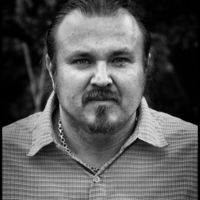"Måla med ljus"
Greetings from Pauleasca - Leica Oskar Barnack Award 2015
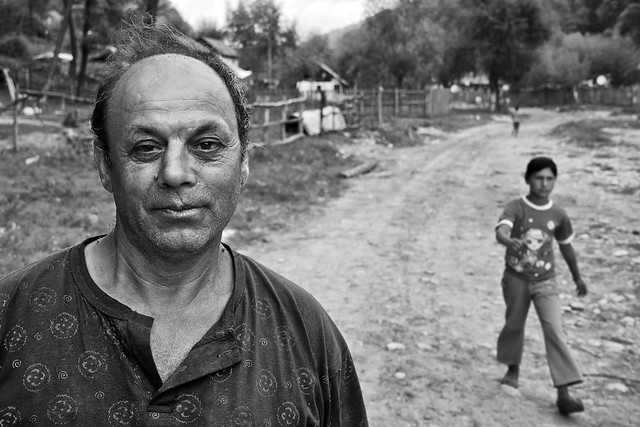
I morgon får jag reda på om mina bilder från Pauleasca i Rumänien är 1 av 50 bidrag som har kvalificerats till nästa etapp av Leica Oskar Barnack Award 2015. Håll gärna tummarna!: http://www.leica-oskar-barnack-award.com/en/
Men oavsett om bildserien går vidare eller inte, är jag nöjd! Ett par miljoner människor har sett bilderna, när de har visats upp i TV i både Sverige och Ryssland. Bilder ur serien har använts i tidningar och magasin i Sverige och snart även i Österrike. Aldrig tidigare har någon av mina bildserier nått en sådan massmedial framgång och för mig är det ett ganska så tydligt bevis på att det fortfarande finns en stor marknad för genomarbetat doumentärfoto. Men framförallt är jag glad över att bilderna fyller sitt syfte och skapar opinion för några av EUs fattigaste medborgare.
Klicka här om du inte kan se bilderna i det ovanstående bildspelet:
https://www.flickr.com/photos/chasid68/sets/72157649562924582/
Text och foto: Mikael Good
Röda Korsets journalistpris 2015

Intresset för Röda Korsets journalistpris är rekordstort i år och 54 bidrag tävlar om den åtråvärda utmärkelsen. Vinnaren kommer att tillkännages den 20 april. Ett av bidragen är ABC-nytts reportage om Ioana Ghita som har rönt stor uppmärksamhet och uppskattning bland tittarna. Reportagen om Ioana som visats både i ABC-nytt och Aktuellt visar på romers villkor och deras utsatta situation i både Sverige och Rumänien. Reportern Anna-Klara Bankel och fotografen Emil Larsson har arbetat med reportagen om Ioana Ghita.


Med tanke på det arbete och det personliga engagemang som Anna-Klara och Emil har lagt ned på reportagserien om Ioana Ghita vore det kul om de står som vinnare den 20 april när Röda Korsets journalistpris delas ut. Men i mina ögon är de redan vinnare! Utan deras personliga engagemang är det inte säkert att Ioana hade fått sin levertransplantation.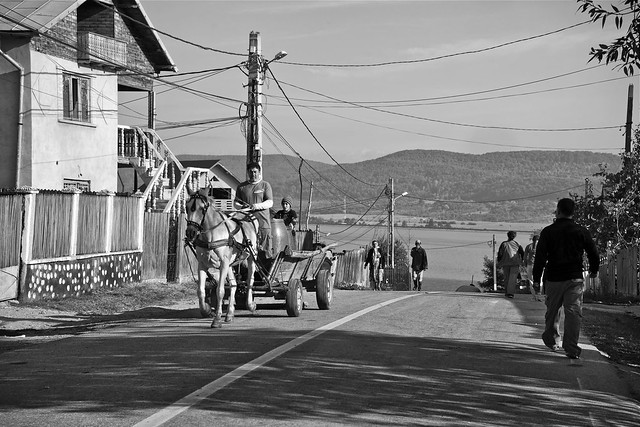
Text och foto: Mikael Good
Ge bort din kamera!

Många av oss har väl fungerade digitalkameror som bara ligger i lådor och samlar damm. Min Canon EOS 30D med tillhörande objektiv låg i en låda ett bra tag. Även om den har några år på nacken är det fortfarande en bra kamera som kan leverera bra bilder.
Istället för att sälja den för en 1000-lapp bestämde jag mig för att ge bort den till en hjälporganisation som kan ha nytta av den. När jag fick reda på att den kristna hjälporganisationen Somebody Cares Romania behövde en ny kamera efter att deras gamla digitala systemkamera gått sönder bestämde jag mig för att skänka min EOS 30D till dem.
Nu vill jag utmana fler fotografer att också skänka sina avlagda men fullt fungerande digitala systemkameror till olika hjälp- och biståndsorganisationer. Jag skulle tro att många av dem gärna skulle ta emot era kameror och förmedla dem vidare till sina projekt i andra länder.
Text och foto: Mikael Good
Their dream is a new house
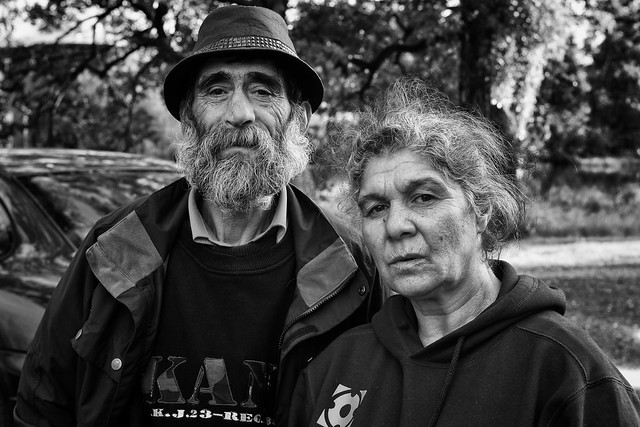
Maria and Ismael belong to the romani minority in Romania. They have 12 children and many grandchildren. They have a little house in a village outside the town Bacau in the eastern part of Romania. Their oldest children have since long married and moved out from the house and the youngest ones are teenagers and can take care of them self.
Therefore decided Maria and Ismael to go to Sweden with the hope of getting a job. Even if Maria and Ismael are 53 and 61 years old they are quite fit for their age and has experience from working in both factory and agriculture. But they didn't find work and as so many other romanian romanis they ended up as beggars on the streets of Sweden.
They use a small amount of the money that they get to pay for their own expenses but they send home most of the money to their children and grandchildren in Romania. Maria and Ismael dream of being able to buy a larger house for their family in Romania, a house where they, their children and grandchildren can live and prosper together.
Text and Photo: Mikael Good
Sa o Roma Daje, Sa o Roma Babo

Roma (Gypsies) are the largest and most discriminated minority in Europe. Their level of education is lower than other Europeans. Their health is poorer, their unemployment rate is higher and their life expectancy are shorter than for other Europeans. The history of Roma in Europe is dark and through the ages they have been subjected to racial hatred and outright extermination.
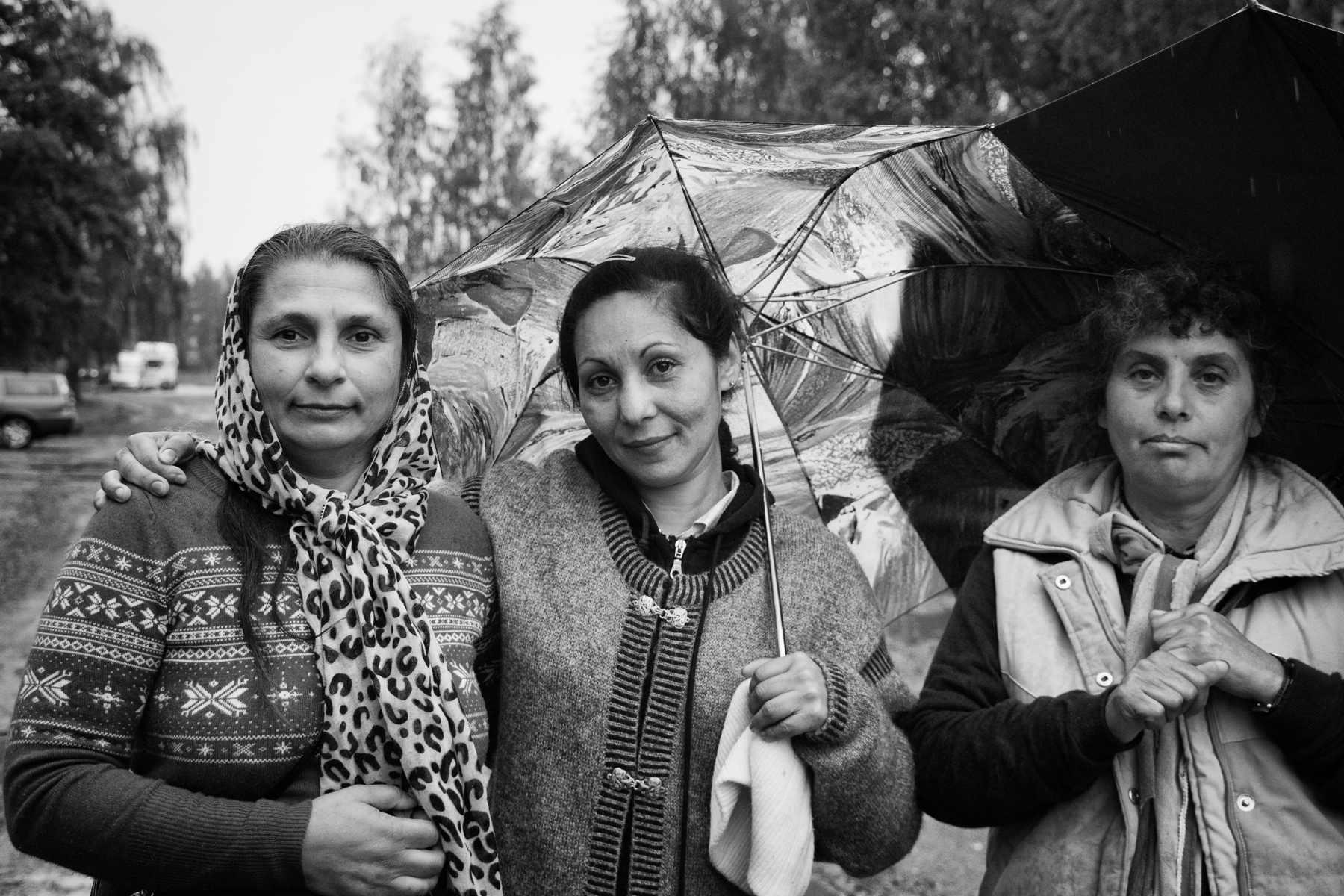
The last two years Sweden and other rich countries in northern Europe has been subjected for a desperate migration from extremely poor Roma people from Bulgaria and Romania. They have no other solution than to go to Sweden hoping to find a work and get money to pay their debts and feed their hungry children. Within the European Union it's allowed for the citizens to stay up to 3 months in another EU country without work and up to 6 months if you have a work. 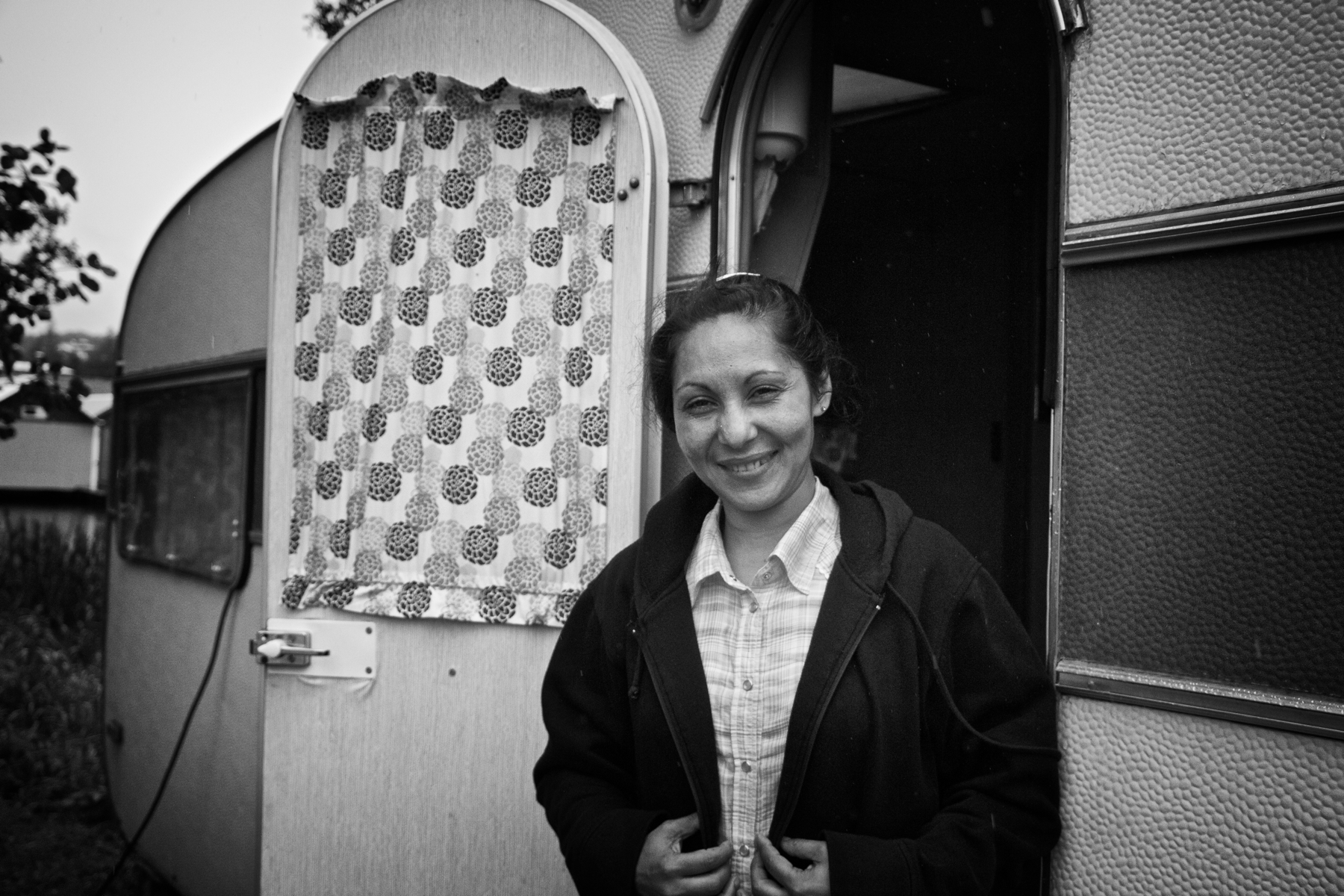
Although Roma people has been subjected to persecution and oppression for generations in Europe, they are a happy people as you can see in the slide-show. Despite all the difficulties they have been through, they are always close to a good laugh. Joy and music welds them together and it has become a way for them to escape from all the hatred and oppression that they are constantly subjected to.
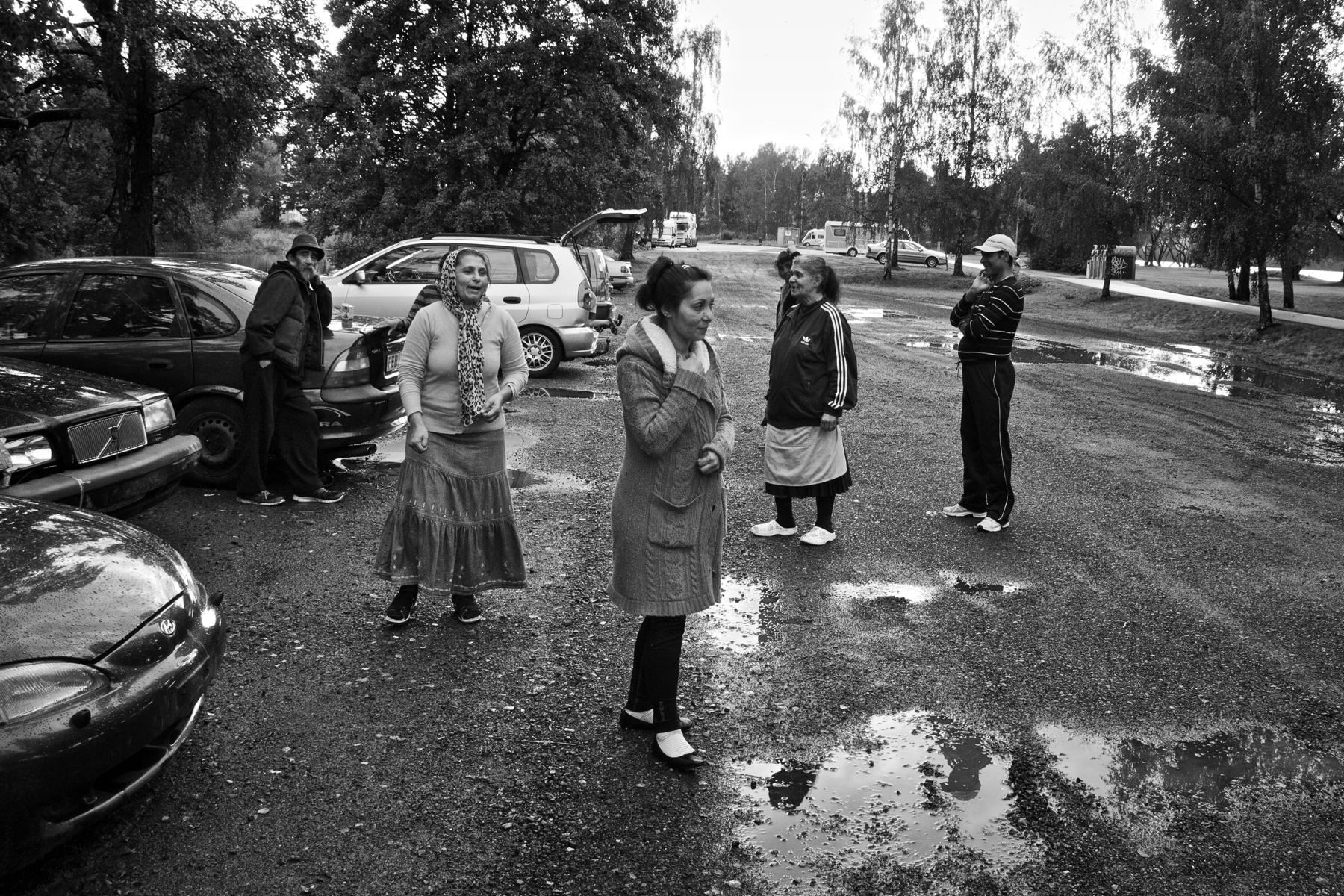
The Roma mothers and fathers in the pictures came to Sweden with the hope of getting work. Most of them did not find any work, and they had to beg on the streets to raise money for themselves and their children back in Romania. I didn't want to photograph them in a vulnerable position when they beg on the streets of my hometown. Therefore I decided to meet them on equal terms in their camp. I wanted to get to know them and build relations with them in order to photograph them at their own terms. If possible I shall visit my newfound friends in their villages in northeast Romania and meet them and their children and grandchildren in their own environment.
Click the following link if you can't see the slideshow on your tablet or smartphone: www.flickr.com/photos/chasid68
Text and Photo: Mikael Good

